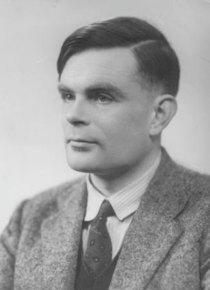
The Government has rejected a request to officially pardon the World War II code breaker Alan Turing who lived in Wilmslow.
A petition on the 10 Downing Street website, organised by William Jones, has over 26,000 signatures and John Leech, MP for Withington, tabled an early day motion calling for the brilliant mathematician to be pardoned.
The Government were asked to grant a pardon to Alan Turing who received a criminal conviction for having a sexual relationship with another man but Lord McNally declined the request in the House of Lords.
The Justice Minister said a posthumous pardon was not appropriate because Turing had been convicted of what was a criminal offence at the time.
In 1952, he was convicted of 'gross indecency' with another man and was forced to undergo chemical castration. His security privileges were also withdrawn meaning he could no longer work for the UK Government Communications Headquarters. Two years later, he killed himself with cyanide, aged just 41.
William Jones said "Alan Turing was driven to a terrible despair and early death by the nation he'd done so much to save. This remains a shame on the UK government and UK history. A pardon can go to some way to healing this damage. It may act as an apology to many of the other gay men, not as well known as Alan Turing, who were subjected to these laws."
John Leech added "Alan was a hero, who help shortened the war by cracking German codes. The fact that he was persecuted by the state for being gay is a scandal that shouldn't be allowed to stand."
Following the decision to deny Alan Turing a pardon, John Leech has said he sees this as "a challenge on the way to granting a post humorous pardon and not the end of the matter".
Alan Turing was most famous for breaking the German Enigma codes during the Second World War. In 1999 Time Magazine named him as one of the 100 Most Important People of the 20th Century and in 1999 Gordon Brown issued an apology for the "appalling"and "utterly unfair" treatment he received.
Alan Turing is to be celebrated on a special stamp released later this month. The set of ten 1st class stamps are being issued on 23rd February to commemorate the best of British.
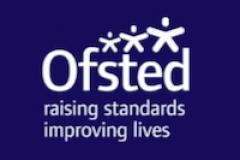


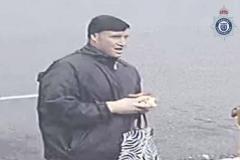
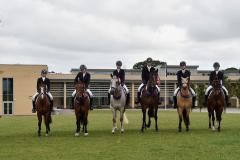

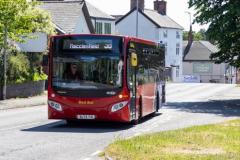


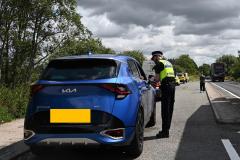
Comments
Here's what readers have had to say so far. Why not add your thoughts below.
Wilmslow should pay tribute to such a great man who not only played a vital role in breaking the German Enigma code and helping Britain win the Second World War, but he was also a pioneer of computer science.
Turing is one of Wilmslow's heroes, who was treated appallingly, and given 2012 is his centenary year it would be very fitting.
Rob - Both are excellent ideas. I shall be asking at my children's school whether they have any plans to discuss his work or honour his memory this year.
Funding could be sort from Wilmslow Town Council. Their next meeting is on Monday 20th February and I will contact the council to ask if this could be discussed then.
I do, however, think that Wilmslow should recognise that this amazing man lived here. He (arguably) contributed more than anyone else to code breaking techniques at Bletchley Park in WW2, shortening that war by years and saving countless lives. Even before that he envisioned today’s computers with his ‘Turing machine’, and post war put those ideas into practice at Manchester University in playing a major role in the development of the world’s first stored-programme computer (the very first computer as we know them today – all earlier such electronic machines were really just calculators).
That such a man lived here in Wilmslow, and all there is to commemorate that is a blue plaque on the house he lived in, is an indictment of our values today.
At the very least, a major road in the town should be named after him; I nominate the rather prosaically named Manchester Road as a candidate for this.